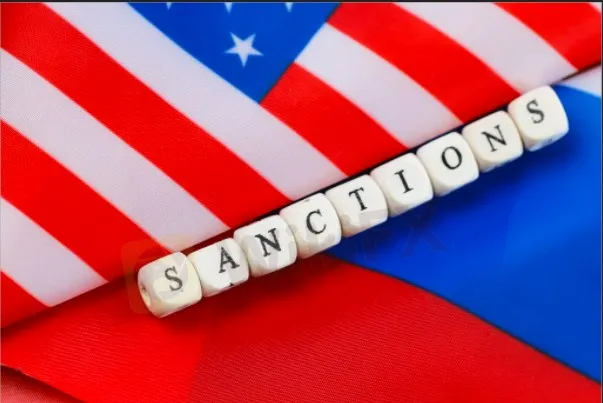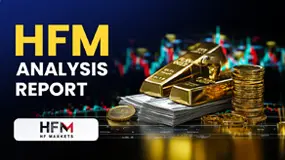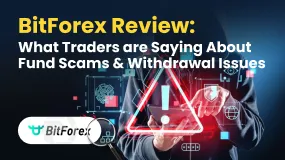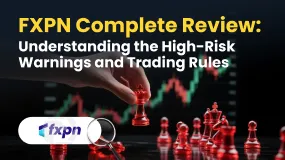In sanctioning the Russian central bank, the United States and its allies have delivered a very substantial financial shock to Moscow. The power of the shock derives not so much from the sanctioning of a central bank — which is not new in itself, since the United States has previously sanctioned the central banks of Iran and Venezuela — but rather because of the number of participating countries. China will be watching closely.
No one knows exactly how much of Russias US$640 billion of foreign exchange and gold reserves are now inaccessible, but the country has effectively lost access to hundreds of billions of dollars. The central bank surely must have thought it was protecting itself by de-dollarising its reserves after 2014, investing more in euros, gold and renminbi. But since all transactions with the Russian central bank have been sanctioned, Russia will find it difficult, if not impossible, to use even its US$130 billion worth of gold reserves as foreign economies will hesitate to trade with a sanctioned entity.
This is a serious issue for China‘s policymakers, since the Russian sanctions underscore the vulnerability facing any country that has tense relations with the United States and whose central bank holds significant reserves for geopolitical insurance. China has a lot of foreign reserves but also, in a sense, very few. US$3.4 trillion of reserves on the People’s Bank balance sheet might sound like plenty, but it is not. If it were, China wouldnt need to keep in place its controls on capital outflows.
Practically, China has three approaches should it seek to reduce its vulnerability to the kind of sanctions that Russia is facing.
The first approach is to find assets to invest in that are safer than the US dollar or the currencies of any other countries that might, in some scenario, seek to impose restrictions on China. Finding truly safe assets to invest China‘s reserves in will be extremely difficult, especially as shifting away from the West may decrease returns while amplifying risks. Russia’s current funding squeeze springs from the fact that it is not just the United States, but also the European Union, the United Kingdom and Japan that have coordinated to block Russias use of its reserves.
The second approach is to accelerate the renminbi‘s international usefulness to reduce China’s need for foreign exchange. But the renminbi accounts for as little as 15 per cent in settling even China‘s own trade. China has strong incentives for increasing the renminbi’s use, so the limited progress suggests significant challenges. Recent news that Saudi Arabia might accept renminbi for some oil sales to China is of symbolic importance. Since Saudi Arabia has a US$15 billion trade surplus with China, receiving that amount in renminbi raises questions as to what Saudi Arabia would do with all that Chinese currency while the riyal remains pegged to the dollar.
While the renminbi has proved an attractive destination for the world‘s bondholders, that’s hardly proof of internationalisation. Foreign investors buy a lot of Indonesian bonds, but that doesnt turn the rupiah into a reserve currency. In any case, currency dominance in the international monetary system is characterised by inertia — things change slowly. We may be only a few short years away from China becoming a bigger economy than the US in dollar terms, but that is only one part of the equation determining the international status of the renminbi.
China‘s most reliable path towards reducing its vulnerabilities may be to enhance its economic self-reliance. In fields like technology, agriculture and energy, China is already doing some heavy lifting to reduce its reliance on imports and depend more on ’internal circulation‘. Import substitution may well become an even more visible feature of Chinese economic policy. One by-product could be to keep China’s borders closed, since tourism has been the largest current account drain in the last decade. When Chinese households enjoy vacations at home rather than overseas, the economy avoids a drain that amounted to US$220 billion in 2019.
A more inward-looking China suggests future challenges for the Chinese economy and certainly bad news for countries who have built up a profitable dependence on Chinese demand in recent years.
When the dynamics of geopolitics shape economic policy, growth unfortunately becomes a residual.









